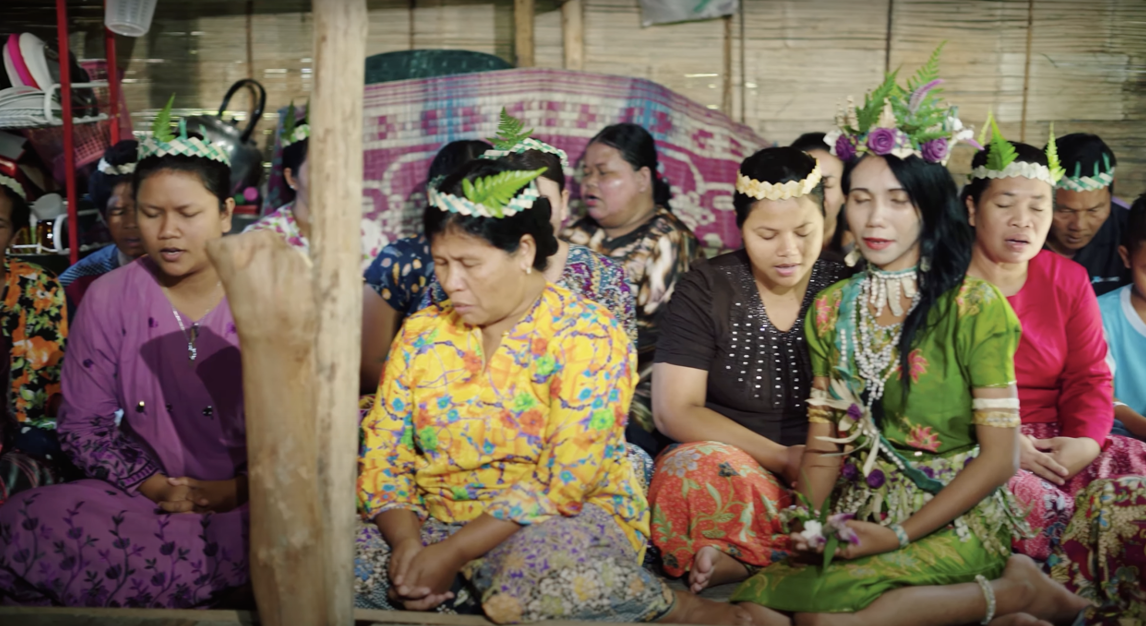International Day of Solidarity with Palestinian People — 29th November 2023
By Trisha Gopal / GICJ
Introduction
In 1977, the United Nations General Assembly adopted resolution 32/40B, calling for the annual observance of the International Day of Solidarity with the Palestinian People on 29 November, commemorating the adoption of resolution 181 on November 29, 1947, on the partition of Palestine.[1] This day serves as a platform for special high-level meetings at various UN offices and cultural events, providing an opportunity to centre the discussion on the unresolved question of Palestine and the inalienable right of Palestinian people to return to their homes.[2] As the international community observes this day, it serves as a poignant reminder of the ongoing struggle for self-determination, independence, and freedom from occupation. The ongoing Israeli occupation, characterised by relentless displacement, violence, and the denial of Palestinians' fundamental rights, has created a humanitarian crisis.
Defining Solidarity
Solidarity, in the context of the Palestinian struggle, goes beyond a mere expression of sympathy. It embodies a collective commitment to addressing the root causes of the conflict and advocating for the rights of the Palestinian people. It signifies a united stance in the pursuit of a peaceful resolution, recognising the importance of justice, equality, and respect for human rights.
A Historical Perspective
The roots of the Palestinian conflict lie in the displacement of the Palestinian people from their ancestral lands in 1948, following the establishment of the State of Israel. The Nakba, or “catastrophe”, resulted in the displacement of over 700,000 Palestinians, who became refugees in neighbouring countries and within the occupied territories. Since then, the Palestinian people have been subjected to a cycle of occupation, violence, and displacement. The 1967 Six-Day War resulted in the Israeli occupation of the West Bank, East Jerusalem, and the Gaza Strip. Under Israeli rule, Palestinians have faced a range of restrictions on their freedom of movement, access to resources, and political rights.[3]
The Humanitarian Crisis
The enduring Israeli occupation has inflicted a devastating impact on the lives of Palestinians. The closure of Gaza, expansion of settlements, and imposition of restrictions on movement have resulted in a humanitarian crisis in the occupied territories. Palestinians thus face widespread poverty, unemployment, and food insecurity. The Israeli military’s use of excessive force against Palestinian civilians, including extrajudicial killings, arbitrary arrests, and home demolitions, has further exacerbated the suffering of the Palestinian people and undermined their hopes for a just peace.
Since October 7, 2023
The situation escalated dramatically after the October 7 attacks on Israeli towns near the Gaza Strip. Israel’s strong retaliation has been described by UN experts and scholars of international law alike as a “genocide in the making”.[4] Calls for a “second Nakba” and the indiscriminate use of armed weapons have raised concerns about genocidal incitement. With over 15,000 killed, 35,000 injured, and over 1.6 million displaced, the bombardment and siege of Gaza extends far beyond the purview of self-defence.[5] The bombing of schools and hospitals turned shelters have turned these protected areas under international law into “death zones”, making it impossible to exist in Gaza safely.[6]
In addition to the devastating violence perpetrated by Israel, the UN Special Rapporteur on the human rights to safe drinking water and sanitation, Pedto Arrojo-Agudo, cites Article 7 of the Rome Statue warning about the invisible casualties of war that Israel is failing to protect. With over 70% of the water rendered undrinkable and the complete depletion of fuel, according to the UN Relief and Works Agency (UNRWA), Israel is punishing innocent Palestinians.[7] UN experts have further highlighted how the violence against Palestinians has only increased in the occupied West Bank by soldiers and armed settlers. Over 190 Palestinians have been killed, over 2700 injured, and over 1100 displaced since the start of the bombardment of Gaza.
Geneva International Centre for Justice (GICJ)
The Geneva International Centre for Justice (GICJ) recognises the complex landscape of Palestinian self-determination and the numerous challenges the various stakeholders face. Nonetheless, we call upon the international community to uphold its commitments to the Palestinian people and exert its influence to bring about a just and lasting peace. Moreover, GICJ calls for a renewed commitment to dialogue, diplomacy, and respect for international law. It condemns all forms of violence that perpetuate suffering and hinder the path to a just and lasting solution.
[1] https://www.un.org/en/observances/international-day-of-solidarity-with-the-palestinian-people
[2] https://www.unesco.org/en/days/international-day-solidarity-palestinian-people
[3] https://www.ohchr.org/en/press-releases/2023/11/israel-must-stop-using-water-weapon-war-un-expert
[4] https://www.ohchr.org/en/press-releases/2023/11/gaza-un-experts-call-international-community-prevent-genocide-against
[5] https://www.ohchr.org/en/press-releases/2023/11/gaza-un-experts-call-international-community-prevent-genocide-against
[6] https://www.ohchr.org/en/press-releases/2023/11/horrendous-gaza-violence-must-stop
[7] https://www.ohchr.org/en/press-releases/2023/11/israel-must-stop-using-water-weapon-war-un-expert







